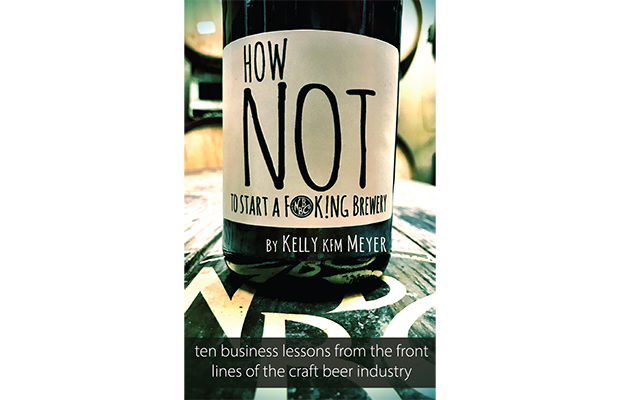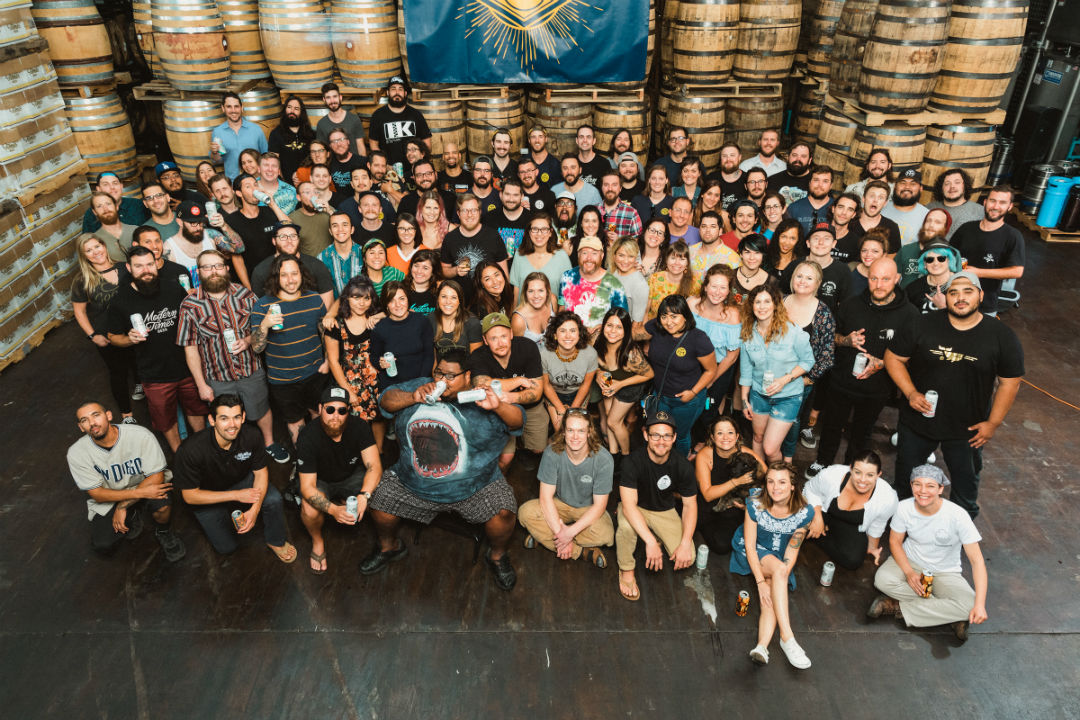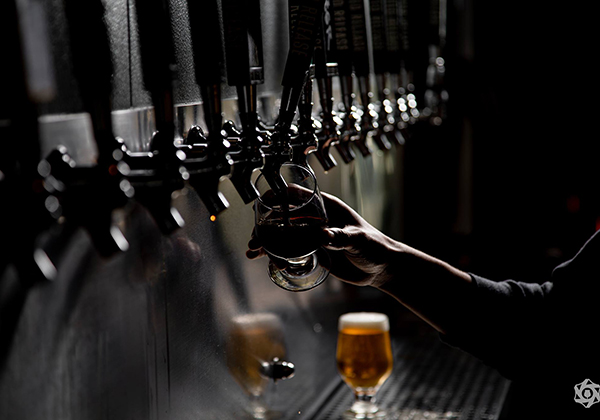
Kelly Meyer’s brewery wasn’t growing and he sat down to figure out why.
A year later, a self-published book from the New Braunfels Brewing owner is coming out soon to help other breweries in his bind, or breweries-in-planning, understand some of his failures and what to learn from.
“The hardcore audience is anyone in the beer world,” he said about his book: How NOT to start a F@ck!ng Brewery: Ten Lessons From The Front Lines of The Craft Beer Industry, but added that there are a lot of parallels for spirits and wines and just general production issues overall.
“People outside the industry have read it and some business lessons are universal,” said Meyer, who began writing the book after sitting down about a year ago to make a list of what he had done wrong since opening the brewery in 2012.
“There are lessons that transcend all business as well.”
When the brewery first opened, Meyer had his central Texas brewery (located between Austin and San Antonio) making exclusively German Wheat styles, like Dunkel, Hefes and variants from there. Since late 2017, the brewery has flipped to a niche market of mixed cultures only.
Adapting further — like switching out of low-selling bombers to four-packs — since creating his list in early 2019, Meyer said he has seen 40% growth for his brand. That sounds positive, but he points out his sales were at his lowest a year ago as well and there is still work to be done.
“I don’t think I set out to make a book, maybe a blog post or an article, but now it’s a book,” he said of the 160-page guide. He also said that he may pursue an audio version as well.
An excerpt from How NOT to start a F@ck!ng Brewery: Ten Lessons From The Front Lines of The Craft Beer Industry:
Customers don’t care about quality
You have to start with a quality product. There is no doubt about that. Your beer cannot empirically suck if you want your brewery not to. So when I say quality doesn’t matter, I’m assuming that you can at least make a 5 out of 10 beer. If you can’t then you need to skip the business plan part of your brewery and go learn to brew. And if you can’t do that, go learn to code. And if you can’t do that, really, why the fuck are we sharing our shrinking supplies of food, oxygen, and water with you? I’m essentially saying that getting from 5 to 10 will not double your profit or even your chances of earning some. There are profitable breweries pushing out mediocre-at-best beers and making tons of money doing it. Someone could plausibly make the argument that profitability and depth of flavor are at an inverse proportion. I’m not going to, it sounds like a boring story to write and I’m a little pressed for time.
But the road to brewery greatness is literally littered with the stinking carcasses of great beer and the great breweries that created them. Quality is something consumers, distributors and brewers talk and blog about constantly. But the sad reality is that the quality of your beer rarely makes more than a minuscule amount of difference to the success or failure of your little grain conversion and fermentation project. It feels great to make great beer but if you can’t find consumers to trade you money for the experience of drinking it then that feeling fades pretty damn quickly. Awards are intended to signify and reward the best beer in a given category and getting awards can and will impact the perception of the quality of your beer in the marketplace. But there are many examples of dead and bloated breweries with tons of hardware from awards they won.
The print edition of Meyer’s book, How NOT to start a F@ck!ng Brewery: Ten Lessons From The Front Lines of The Craft Beer Industry, is available on March 1. You can download the Kindle version right now as well.






1 Trackback / Pingback